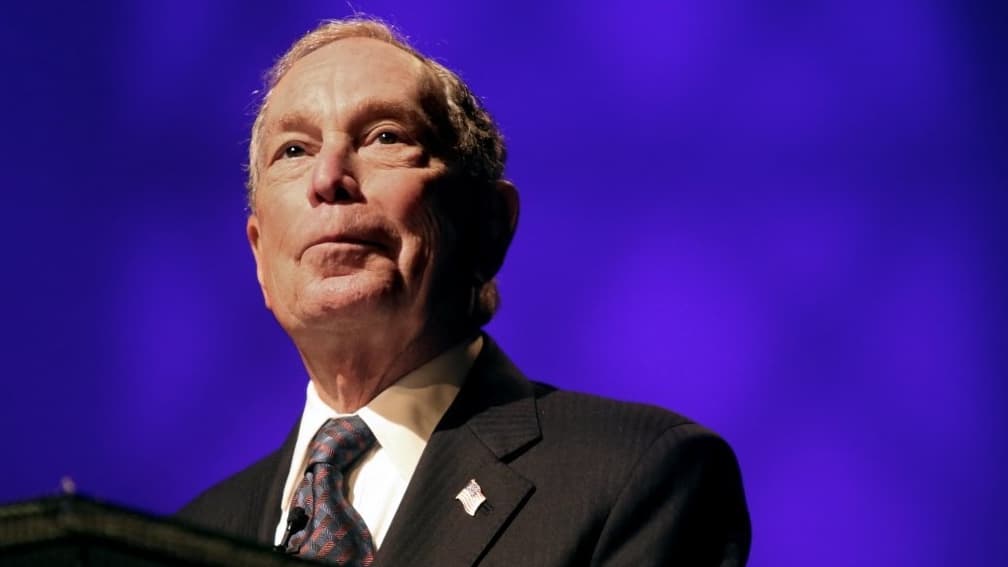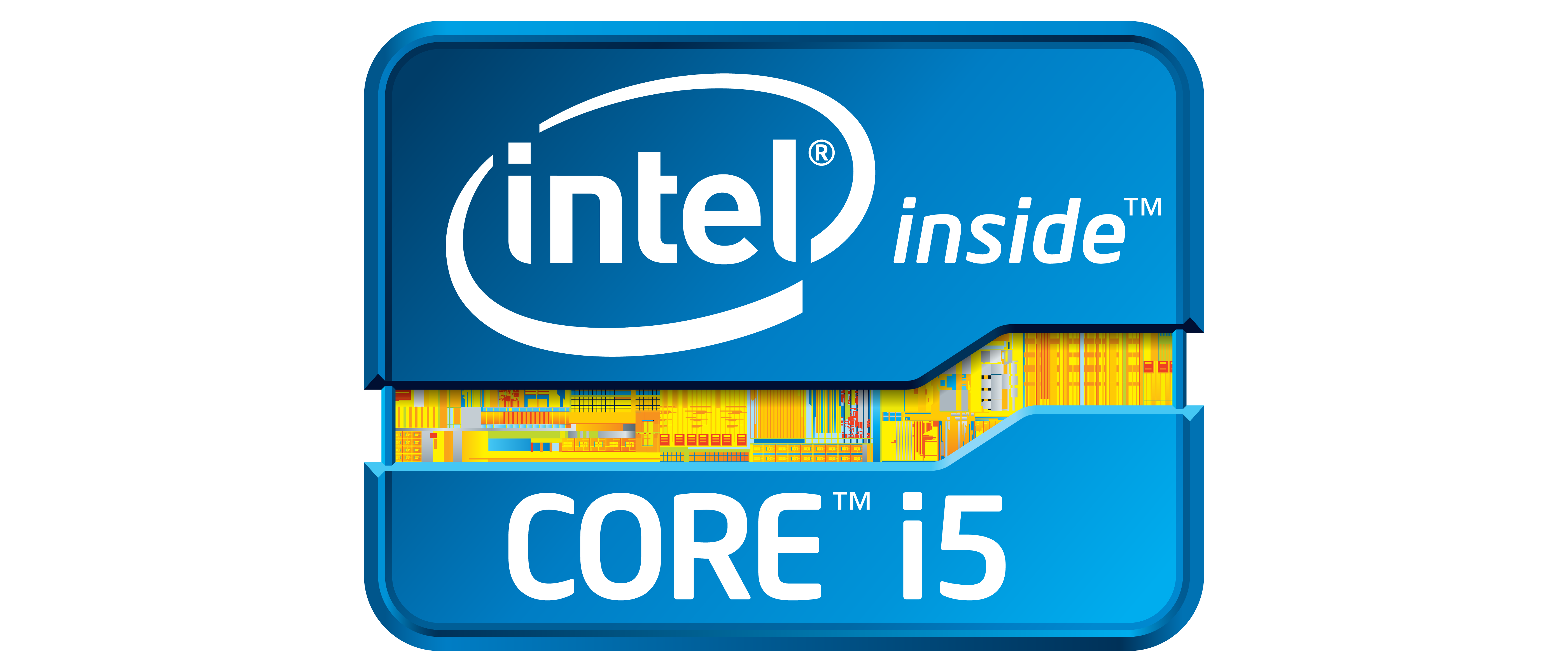The billionaire announced his candidacy for the Democratic primary on Sunday, with a view to the 2020 presidential election.
Billionaire, former New York mayor and financial news giant, Michael Bloomberg is the fourth septuagenarian to run for the Democratic nomination for the 2020 presidential election.
By declaring himself a candidate on Sunday, the 77-year-old arrives late in a battle for the Democratic nomination which already has 17 candidates, including three other septuagenarians and a billionaire, Tom Steyer.
But the man hopes that his fortune – he is according Forbes the ninth richest man in the world – will allow him to catch up with the group of favorites, including Senators Bernie Sanders, 78, and Elizabeth Warren, 70, two slayers of billionaires and Wall Street with “extremist” ideas according to him.
He launched Sunday a campaign of television commercials for a record amount of 31 million dollars, judged in advance anti-democratic by Bernie Sanders and Elizabeth Warren who accused him of seeking to “buy” the presidential election.
Affronter Trump
Defying Donald Trump, this other New York billionaire whom Bloomberg dated and sometimes complimented when he was mayor before repudiating him when he entered politics, Michael Bloomberg had thought about it for a long time.
“It represents an existential threat to our country and our values,” he said, formally announcing his candidate on his site.
In 2016, Michael Bloomberg had already toyed with the idea of running as an independent. Before supporting Hillary Clinton’s candidacy, for fear of dividing the Democratic electorate.
The businessman has long refused any political label: economically conservative but in favor of abortion, homosexual rights and militant against the dissemination of firearms. Will he be able to convince the Democratic electorate?
Bloomberg defends his actions
He emphasizes his managerial qualities, which in three terms of mayor helped revitalize New York after the attacks of September 11, 2001 or even his fight for the climate: special UN ambassador since 2014, he finances the projects of many US states, counties and cities to reduce their carbon emissions.
Like other billionaires, this divorcee, father of two daughters and twice a grandfather, has pledged to redistribute half of his fortune.
Yet many see him as a billionaire going against the grain of a Democratic debate marked by the desire to tax the rich to correct glaring inequalities, or the need to mobilize the black electorate that Hillary Clinton had missed.
Contrition exercise
As mayor, Michael Bloomberg, used to private jets, was already accused of having made New York a city of the rich, and of supporting police practices that discriminate against minorities.
He also recently apologized for the arbitrary arrests and searches by the New York police (“stop-and-fresh”) of which he was until now a strong advocate in the name of the fight against crime.
“I was wrong and I’m sorry,” the billionaire said at a predominantly black church in Brooklyn. “Our central objective was to save lives. But the facts are there: far too many innocent people have been arrested and the vast majority of them were black or Latino.”
Nobody, however, disputes his qualities as a business leader, the crowning achievement of a career worthy of the “American dream”.
Leader in financial information
Born on February 14, 1942 into a middle-class Jewish family in Boston, he studied engineering with an MBA at Harvard.
He joined Salomon Brothers in 1966 and rose to the rank of partner, which earned him, when the bank was bought out in 1981, a dismissal with a departure check of $ 10 million.
He then launched his financial information company, Bloomberg LP, with an innovation that would make his success: the Bloomberg terminal, where financiers can display information from around the world on a company or a market in just a few clicks.
The terminal, billed around $ 20,000 per year, will win in trading rooms, where Bloomberg is today leader ahead of Thomson Reuters.
Lack of modesty
Michael Bloomberg likes to say that he was more successful than Trump, much less wealthy when he benefited from his father’s millions from childhood.
The two businessmen, however, have common concerns: what would Michael Bloomberg do with his company if he were elected? Would he keep his “baby” become a powerful media, which would fuel all suspicions of conflicts of interest?
Michael Bloomberg is also not known for his modesty. In 2017, he felt he already had his place in paradise, for having “saved millions of lives” thanks to his fight against smoking.
“When I go to heaven, I’m not sure if I should be interviewed. I think I’ll go straight in,” he told CBS.
–


